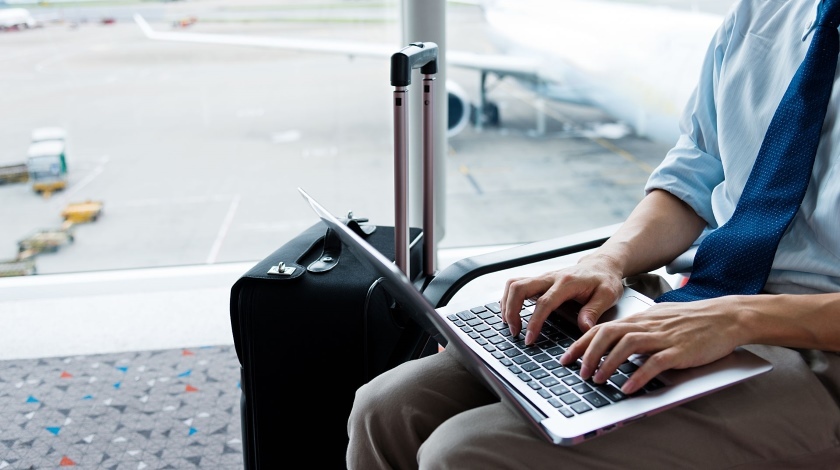Photo: asianews.it
Reading Time: 2 minutesUAE airlines Emirates and Etihad Airway say they will work with US authorities on implementing new security instructions that could lead to an end of the current laptop ban.
As part of the new measures, the US government will impose broad new demands for increased airport security on flights to America from other countries in an attempt to combat the threat of terrorists hiding bombs in laptops. Some of the security instructions are required to be implemented immediately, while others will be phased in over the course of 21 days.
The measures by the Department of Homeland Security represent one of the most sweeping security upgrades in the past decade but stop short of a threatened ban on large electronics in aircraft cabins. It will apply to an average of 325,000 passengers a day flying to the U.S. from 280 airports in 105 countries, according to the agency.
The goal of the latest action was to react to intelligence showing terrorist groups have become more sophisticated in their bomb-making efforts and could hide explosives in laptops or other electronic devices.
The measures will include enhanced screening of electronic devices, more thorough vetting of passengers, increased use of bomb-sniffing dogs and measures to mitigate the potential threat posed by insider attacks, Homeland Security Secretary John Kelly said.
The actions will be both seen and unseen, he added. In contrast to the controversy surrounding the laptop ban that targeted specific airports, including the Dubai and Abu Dhabi, the aviation industry offered no signs of resisting the latest initiatives, which come after European Union officials pushed back on widening the restrictions.
If global hubs like Dubai adhere to the new security regime, passengers flying to the U.S. can once again bring their devices aboard planes, according to a Homeland Security official who asked not to be named as discussing details.
Emirates suffered a drop in bookings and grounded 13 aircraft after the US imposed the electronics embargo and sought to restrict travel for citizens of six predominantly Muslim countries. Tim Clark, the carrier’s president, said last week that he had visited Washington and lobbied for improved security checks as an alternative to the ban.
“We welcome the US Department of Homeland Security’s latest directive on enhanced screening measures,” Emirates spokesperson said. “Lifting the ban on bringing laptops and other personal electronic devices onboard will be good news for travellers flying into the USA. We look forward to working with the authorities and Dubai airport stakeholders to implement these measures as soon as possible for our US flights.”
A spokesperson for Etihad Airways, which has a pre-clearance facility for US passengers at its Abu Dhabi hub, added, “We look forward to working with the TSA (Transportation Security Administration) and verifying that the security measures are in place which will see the ban lifted on personal electronic devices being carried in the cabin on our flights to the US.”

